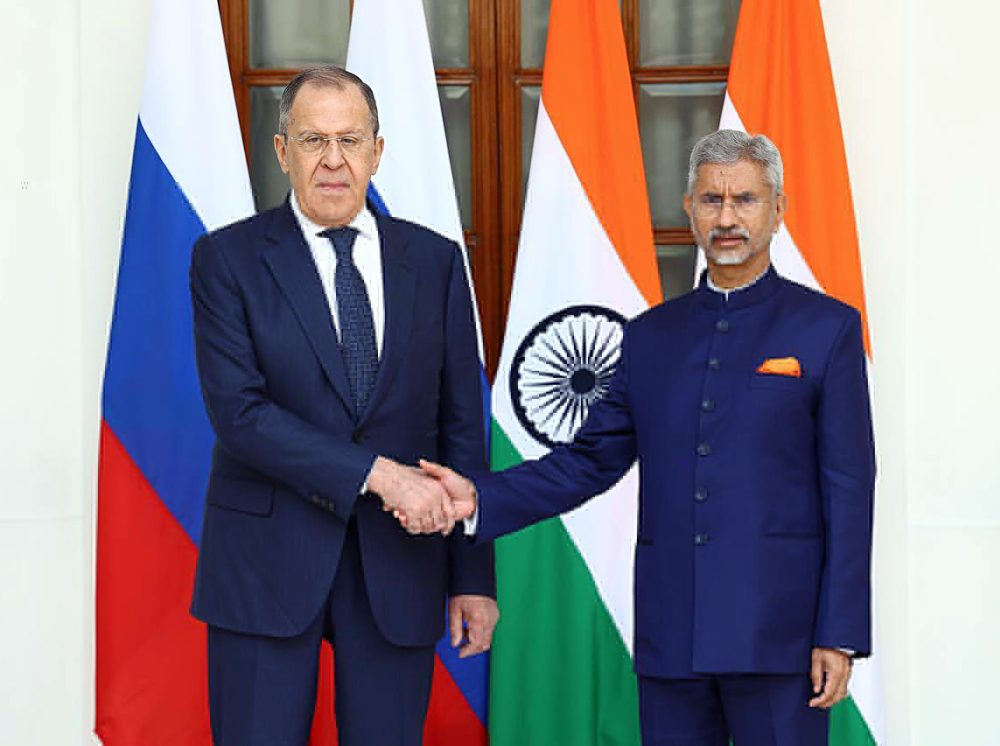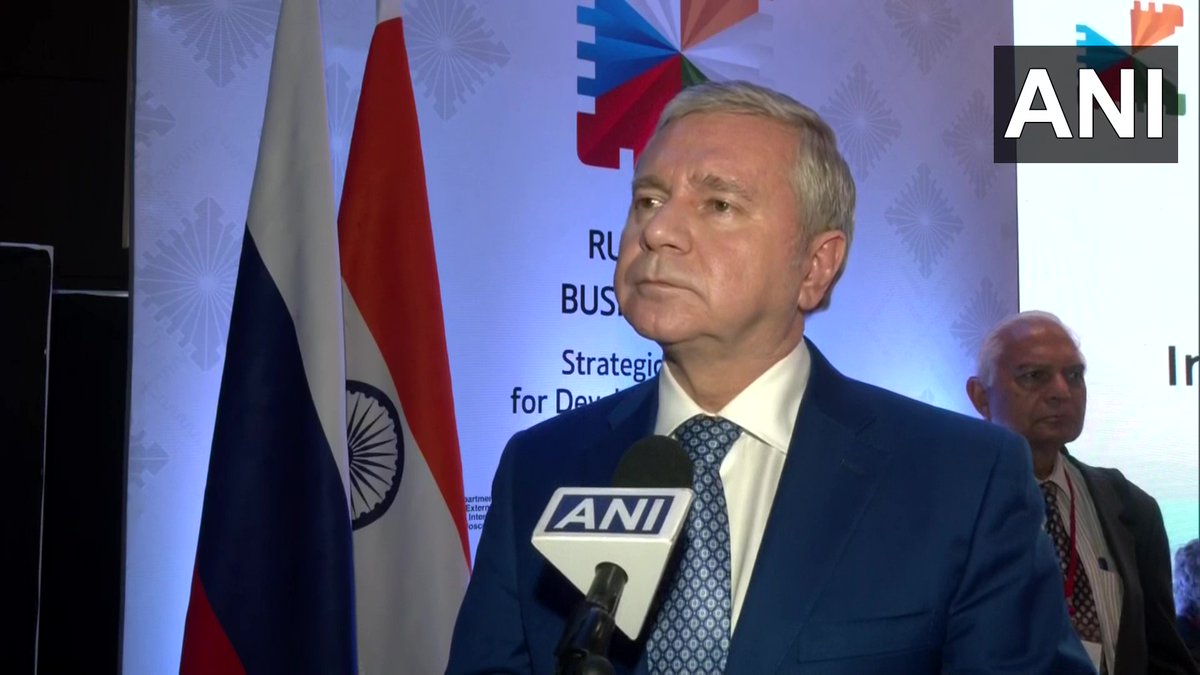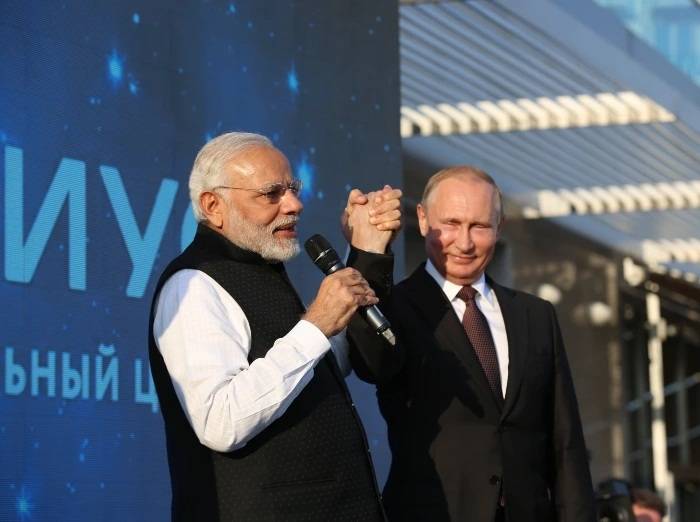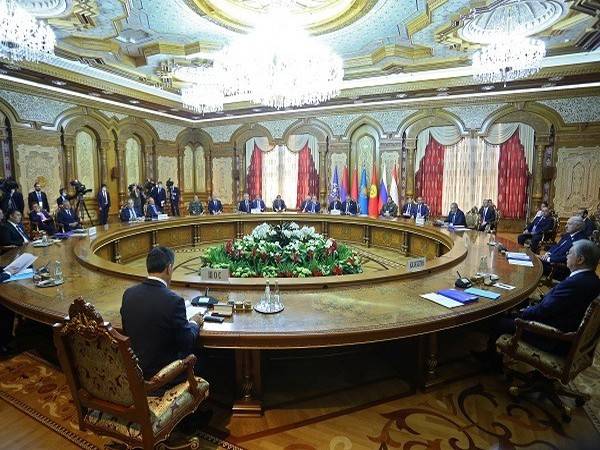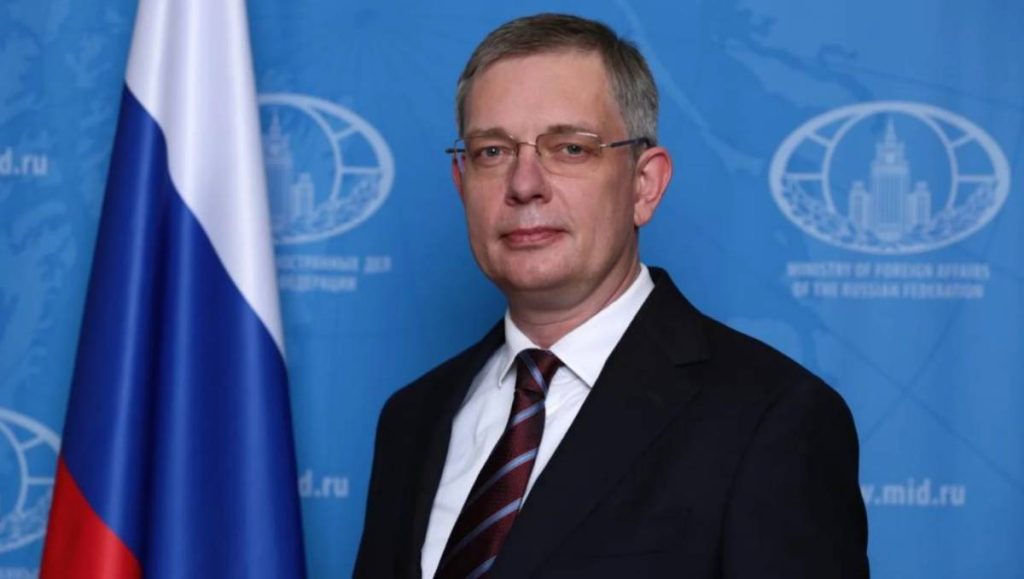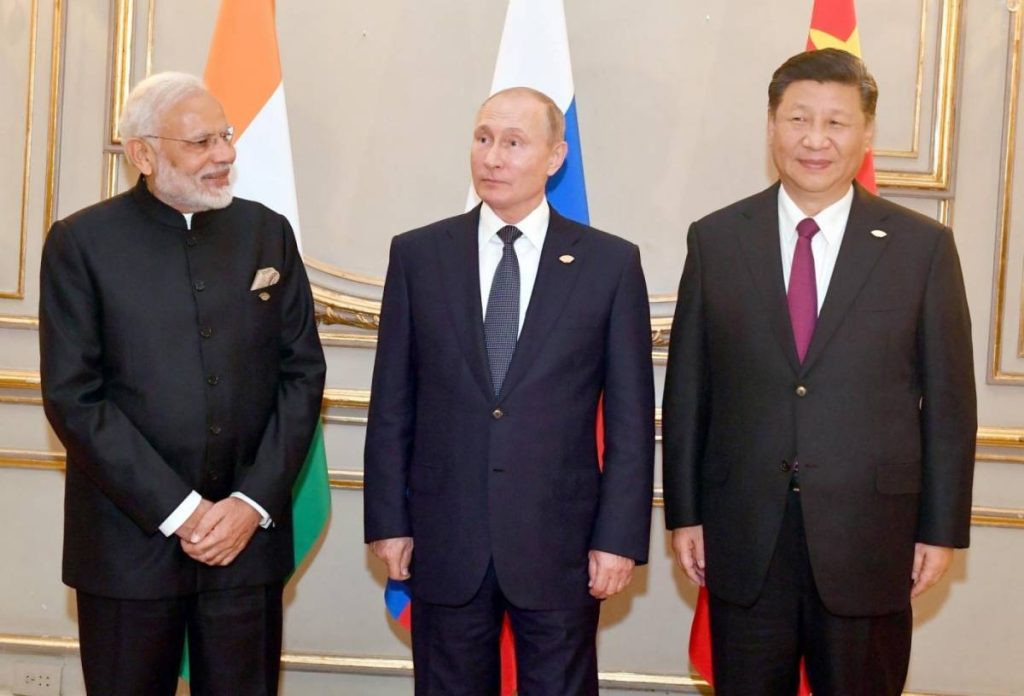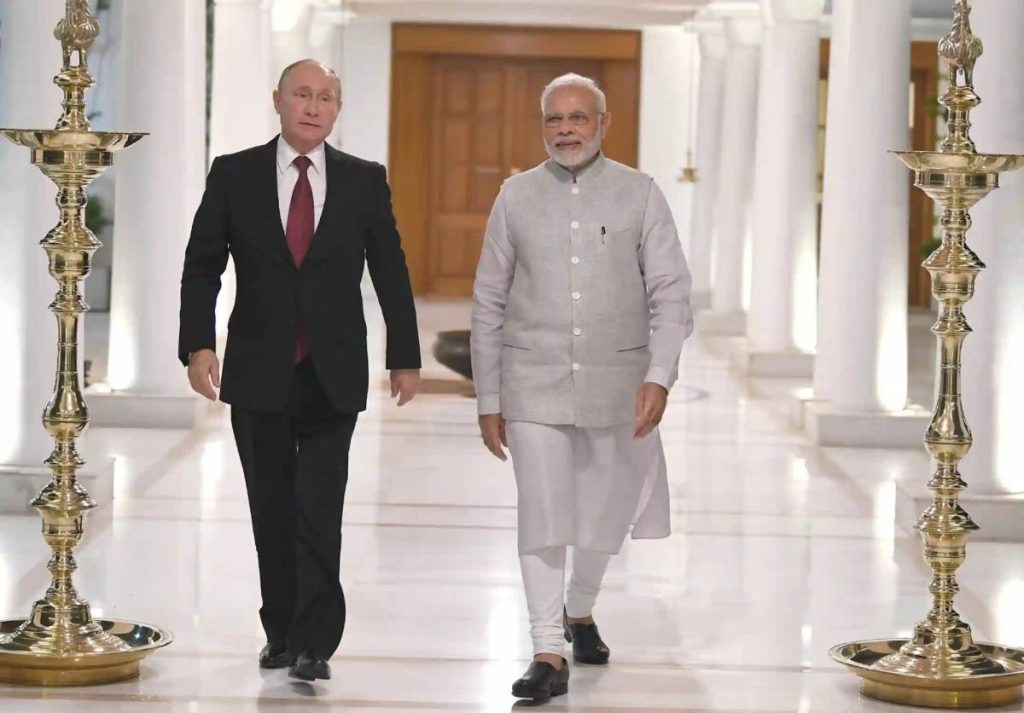The main focus of the forum is ‘Technological Alliances in the Greater Eurasia’….reports Asian Lite News
The ‘Russia-India Business Forum: Strategic Partnership for Development and Growth’, as part of the St. Petersburg International Economic Forum, targeted the most prominent sector of India – the IT sector and plans to push bilateral trade to USD 50 billion this year.
Rajiv Singh Thakur, additional secretary, Department for Promotion of Industry and Internal Trade, Ministry of Commerce and Industry, said at the Forum, “Current state of the Indian economy is performing well achieving 6-7 per cent. Indian economy is robust because of measures taken by the govt. In terms of investment, the latest data shows 85 billion FDI goes into the country. India has been a digital leader since millions of IT professionals are serving. This IT boom can be taken higher by Russia and India. Collaboration and cooperation between India and Russia are much needed, especially in the technical part given mobile payment success. We can learn from each other and take it forward.” The forum discussion started on March 29 and will continue till March 30, Thursday. The purpose of the meeting is to strengthen Indian-Russian business ties and support the entry of Russian companies into the Indian market.
The main focus of the forum is IT, cybersecurity, technological sovereignty, smart cities, transport and logistics, healthcare and pharmaceuticals, with the focal point of the forum on ‘Technological Alliances in the Greater Eurasia’.
“We consider India not as a market, but strategic partner…If we combine your human potential, your economy is growing and our potential in making tech sovereignty and creating new technologies — together we may be leaders in new tech setup,” said Valentin Makarov, Russoft Association.
The trade target for 2025 was earlier fixed at USD 30 billion. But the figure was surpassed in 2022 due to India’s oil imports from Russia, and there are expectations that the figure will touch USD 50 billion in 2023.
Sergey Cheryomin, Russian minister, head of the department for External Economic and International Relations of Moscow and chairman of the Board, Business Council for Cooperation with India, said, “We have a huge platform for cooperation. We have the same appreciation and understanding of political as well as economic bilateral relationships. A few years ago, we imagined a turnover of USD 25 billion with India. I am happy USD 30 billion turnovers and this year will have USD 50 billion turnovers. Banks are happy. We have a huge reserve in Indian local currency, which can be used. Indian investment is USD 5-6 billion in oil and gas.”
Cheryomin further stated that Indian companies can have access to Russian banks.
“We have very good prospects in cooperation between the Russian payment system Mir and the Indian payment system RuPay. We have to use both platforms for that, especially that can boost tourism between countries,” Cheryomin told ANI.
The minister also stressed that banks in both countries should promote more trade in Rupee and Ruble.
“Our banks should be more active in establishing a relationship with each other and we’ve to promote trades in rupees and rubles as it creates a more stable platform for our companies,” he said.
The RBI had last year put in place an additional arrangement for invoicing, payment, and settlement of exports/imports in Indian currency. This mechanism will help in internationalising the Indian currency in the long run. A currency can be termed “international” if it is widely accepted worldwide as a medium of exchange.
At a time when Russia is facing sanctions, its tech companies can offer solutions to India and Indian companies. Together the two countries can chart an independent path unaffected by external factors, participants at the opening session of the Russia India Business Forum said here on Wednesday.
The sanctions by the West on Russia featured prominently in the first session: ‘Technological Alliances in the Greater Eurasia’. The panelists in the session mentioned how a small bunch of companies, mainly from the United States and China, dominate the high-tech market and how these companies are in a way, purveyors of digital colonialism.
“Today, it all depends on financial systems. They (the West) find it convenient to trade in Euro or Dollars, these trade rules were written by the West. We have to rewrite such rules. We can talk of Digital Rouble, Digital Rupee and we should have collaborations on our terms,” said Aleksandr Babakov, deputy chairman of the State Duma of the Federal Assembly of the Russian Federation.
“We are close in the financial system field. India, Russia and China are forming multipolar systems. Some people may say it is convenient to trade in Dollars and Euro, but it was written by West countries. Now Russia, India and China will rewrite the financial system. We will have more active collaboration on our terms. In this multipolar system, micro-regionalism is developed. This model can develop a secure and safe partnership,” he added.
Meanwhile, Tigran Sargsyan, deputy chairman of the Board, of Eurasian Development Bank, rued the fact that there has not been “satisfactory progress” during the last five years over the international North-South Corridor that Russia and India should have pursued faster. “We started parallel trade discussions with China and India. With China, we have an agreement. With India, the process started 20 years ago but there is no agreement and the question is still being discussed,” he said.
Inna Svyatenko, chairman of the Committee on Social Policy, Federation Council of the Federal Assembly of the Russian Federation, said: “Moscow has developed its own platform that is not dependent on any foreign collaboration. It would be great to share digital solutions as we have in Moscow, with India.”
Skannd Tyagi, Founder, chief executive officer, of Starshot Ventures, spoke about how Indian IT companies can benefit from Russia’s expertise in cyber securities, while Sergey Cheryomin said, “When Russia is under severe sanctions by the USA and EU, we have to find out how to deliver good and one of the solutions is the North-South Corridor. India and Russia work on building better ties in this sector.” (ANI)

